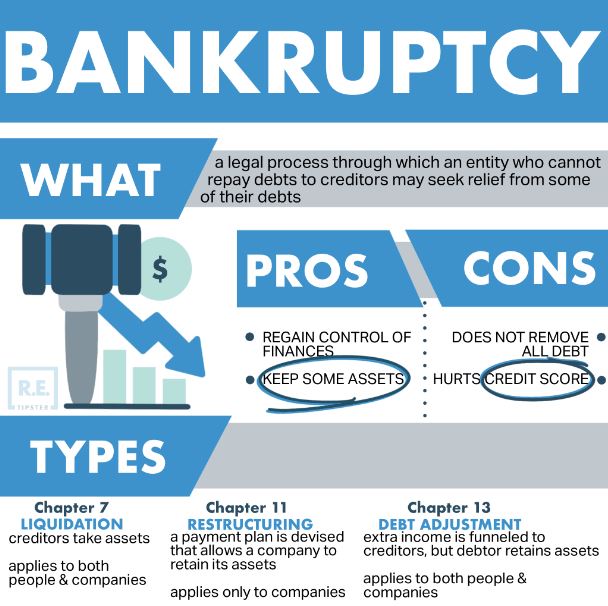
Introduction Hiring a financial adviser is one of the most important steps you can take toward securing your financial future. For Australians, navigating investment planning, superannuation, and retirement planning can be complex. A trusted financial adviser provides guidance to help you build a robust wealth strategy, manage risk, and achieve long-term financial goals. Before committing, asking the right questions ensures you select an adviser who aligns with your needs. See more: How Estate Planning Lawyers Canberra Help Protect Your Assets Long-Term What a Financial Adviser Does and Why They Matter A financial adviser is a licensed professional who assists individuals in managing their finances, investments, superannuation, and retirement plans. They help clients understand their current financial situation, create actionable strategies, and make informed decisions to grow and protect wealth. In Australia, financial advisers play a critical role in: Working with an adviser ensures your financial strategy is proactive rather than reactive, helping you avoid costly mistakes. Why Asking Questions Matters Choosing a financial adviser is not just about credentials—it’s about fit, trust, and transparency. Asking the right questions ensures that your adviser understands your financial goals, provides tailored advice, and operates with integrity. Here are the top 10 questions to ask before hiring a financial adviser: 1. What Are Your Qualifications and Licenses? In Australia, advisers must hold a valid Australian Financial Services (AFS) licence and meet regulatory standards. Ask about formal qualifications, certifications, and experience in financial planning Australia. Understanding their credentials ensures you’re working with a qualified professional....












